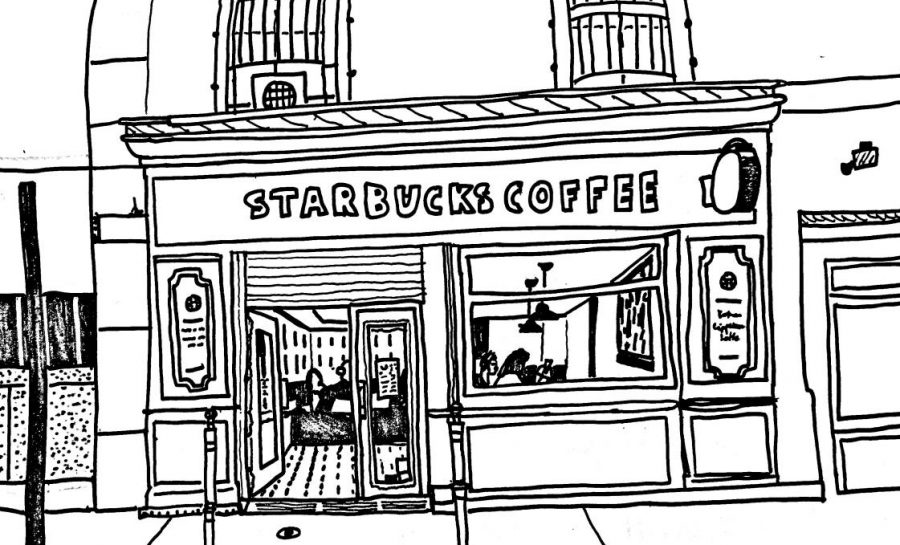An “Ideal Balance”: The Big Gaps in Cambridge Equity
As property rates go up in Cambridge, many businesses and families are being driven out.
January 31, 2019
In Cambridge, we pride ourselves on being a hub for a diverse range of people, places, and experiences. Many praise the city for its apparent ability to maintain an “ideal balance” between innovation and support for our diverse population. But it often seems that in an effort to grow, the city is leaving its people behind. Recently, I was reminded of this emerging gap in Cambridge politics when I learned my neighbors are in danger of losing their family home.
The matriarch of the family has lived in this house since she was 26 and is now a 64-year-old grandmother living together with grown children, grandchildren and other relatives. Her step-father, the original homeowner, never left a will.
An illiterate immigrant to this country from Barbados, he, like many immigrants, lived his whole life in this country uninformed of US laws and customs regarding the legacy of possessions. He was unaware that his intentions for the property must, in this country, be recorded to have any impact. Consequently, his step-daughter, whom he raised since age eleven, and her family are now without legal rights to their house. Without a will, the hard work he put in to support his family is in danger of having been wasted.
And, for this family, losing their home would mean disaster. Despite the property’s sky-high market value on paper, they do not make enough money to either buy or pay mortgage on it; without this house, they would likely be living on the streets. For seven years, our neighbors have been oblivious to this reality simply because they were unaware of the legal hole in their homeownership. Though such cases are unfortunately not uncommon, they are underpublicized, and therefore can leave many Cambridge residents in a precarious position.
Much of the world sees Cambridge the way it is advertised: home to Harvard, MIT, and pricey property. But while Cambridge certainly has a large number of privileged residents and families, to forget or overlook our large low-income and immigrant populations leads to lacking support for these members of our community. This makes many citizens, such as my neighbors, increasingly vulnerable to being misprofiled and targeted by prospective buyers.
Just this year, a distant relative of the original homeowner from Barbados whom the family does not know made the move to claim ownership of the property. A prosecuting lawyer brought this case to a judge last minute on December 26th; my neighbor arrived at court unprepared and was treated with sheer disrespect. It became clear that the attorney was surprised to find that a working class three-generation family owned the property in question. Had she researched more thoroughly, she would have understood that this family was not using the property to reel in rent money. They simply have no other options. More importantly, this house is their family home, and Cambridge is where their entire lives are centered.
Unfortunately, this is becoming more common in Cambridge. The economic diversity of the city is disappearing as market rates climb higher. Much of this is due to outside investors who drive up market prices that do not match the actual financial profile of the citizens. Many current homeowners here purchased their property decades ago and would not have the financial ability to buy their own house today.
The irony is that diversity is central to Cambridge’s appeal, as well as to the makeup of the community. Yet, as a city, we sometimes operate without thought to the 14% of residents living in poverty, those above the poverty line who are still low-income, and those who face additional barriers as immigrant minorities. Whether out of greed or poor communication, these failures lead to injustices for our citizens and increase the privilege gap within our community—not exactly the ideal balance we might claim to deliver.
This piece also appears in our January 2019 print edition










